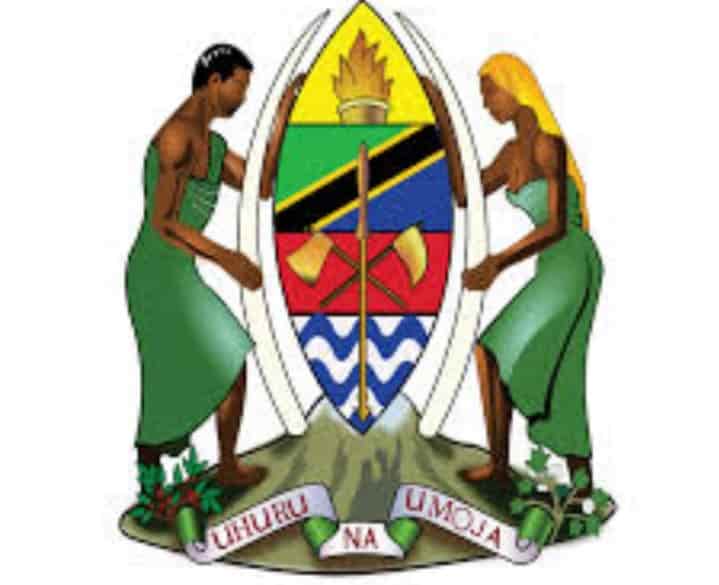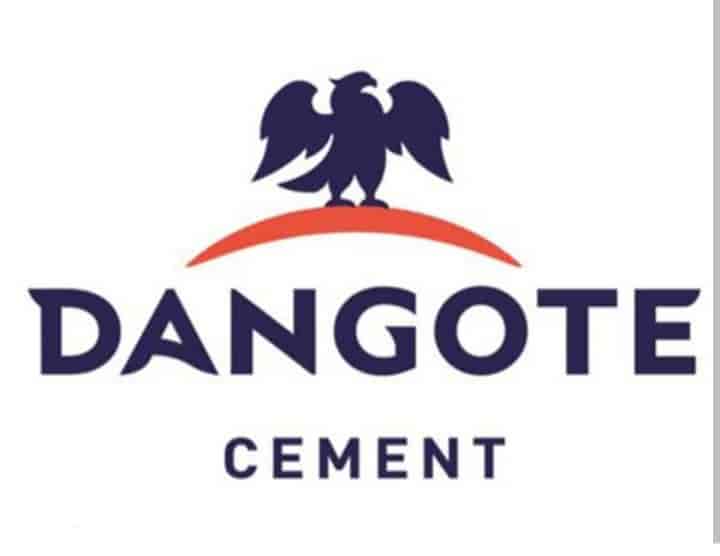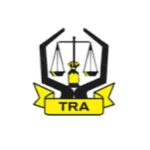Procurement and Supplies Officer II – Interview Questions & Answers at TRA
Are you preparing for an interview for the Procurement and Supplies Officer II position at the Tanzania Revenue Authority (TRA)? This role involves identifying stock requirements, preparing purchase orders, supervising stocktaking, and preparing procurement reports.
To help you succeed, we’ve compiled 25+ frequently asked interview questions and answers covering technical skills, job-specific knowledge, and behavioral scenarios.
Let’s dive in!
General Questions
1. Tell us about yourself and your background.
✅ Answer:
“I hold a Bachelor’s Degree in Procurement and Logistics from [Your University], where I developed a strong foundation in supply chain management, procurement policies, and inventory control. I am fluent in English and Swahili, which allows me to communicate effectively with TRA staff and suppliers. My experience in procurement and stock management has prepared me to contribute to TRA’s efficiency and operational success.”
2. Why do you want to work for the Tanzania Revenue Authority?
✅ Answer:
“TRA plays a vital role in Tanzania’s economic development by managing revenue collection and ensuring government resources are utilized efficiently. I am excited about the opportunity to contribute to this mission by ensuring cost-effective procurement, timely stock availability, and compliance with procurement regulations.”
3. What interests you about the Procurement and Supplies Officer II role?
✅ Answer:
“I am drawn to this role because it involves a combination of strategic planning and hands-on procurement activities. I enjoy working with suppliers, optimizing stock management, and ensuring that resources are available to support TRA’s operations.”
4. How do you stay updated on procurement best practices?
✅ Answer:
“I follow industry publications, attend procurement training, and stay informed about updates from professional bodies like PSPTB (Procurement and Supplies Professionals and Technicians Board). I also review Tanzania’s Public Procurement Act to ensure compliance with current regulations.”
Technical Questions
5. What steps do you take to identify stock requirements?
✅ Answer:
“I start by:
✔ Reviewing current inventory levels to assess available stock.
✔ Analyzing usage trends and past consumption rates.
✔ Consulting with different departments to forecast future needs.
✔ Ensuring stock aligns with TRA’s operational and financial planning.”
6. How do you prepare a purchase order?
✅ Answer:
“I compile a detailed list of required items, verify specifications, confirm budget approvals, and draft the purchase order following TRA’s procurement policies. I ensure the document includes supplier details, delivery timelines, and clear payment terms.”
7. What tools or software do you use for procurement tasks?
✅ Answer:
“I am proficient in SAP Ariba, Microsoft Excel, and inventory management systems that help track stock levels, prepare purchase orders, and generate reports for management.”
8. How do you ensure compliance with procurement regulations?
✅ Answer:
“I strictly follow the Public Procurement Act (PPA) of Tanzania and TRA’s internal procurement policies. I also ensure transparent supplier selection, thorough documentation, and approval processes at every stage of procurement.”
9. What is the importance of stocktaking in procurement?
✅ Answer:
“Stocktaking ensures inventory accuracy, prevents losses, reduces waste, and provides data-driven insights for future procurement decisions.”
10. How do you supervise a stocktaking exercise?
✅ Answer:
“I assign responsibilities to my team, set a clear stocktaking schedule, and verify records against physical stock. If discrepancies arise, I investigate the cause and make necessary adjustments to maintain inventory accuracy.”
11. What types of reports do you prepare after stocktaking?
✅ Answer:
“I prepare reports including:
✔ Stock level summaries – showing available inventory.
✔ Discrepancy reports – detailing any stock variances.
✔ Recommendations – for reordering or disposal of obsolete stock.”
12. How do you handle discrepancies found during stocktaking?
✅ Answer:
“I analyze whether the issue is due to theft, damage, miscalculations, or clerical errors, document the findings, and take corrective action such as updating records or improving inventory controls.”
13. What’s your approach to managing supplier relationships?
✅ Answer:
“I maintain open communication, negotiate fair terms, and regularly assess supplier performance to ensure consistency and quality in TRA’s procurement process.”
14. How do you prioritize stock requirements?
✅ Answer:
“I prioritize based on:
✔ Urgency – Critical supplies for TRA operations come first.
✔ Budget constraints – Ensuring cost-effectiveness.
✔ Usage frequency – High-consumption items get priority reorders.”
15. What’s your experience with drafting procurement reports?
✅ Answer:
“I have experience preparing monthly procurement reports detailing stock status, supplier performance, and cost analysis to help stakeholders make informed decisions.”
Behavioral Questions
16. Describe a time you successfully managed a tight procurement deadline.
✅ Answer:
“In my last job, an urgent audit required immediate procurement of supplies. I quickly identified priority items, expedited supplier negotiations, and ensured early delivery, allowing the audit to proceed smoothly.”
17. How do you handle a supplier who delays delivery?
✅ Answer:
“I communicate with the supplier to understand the cause of the delay, explore expedited shipping options, and adjust internal processes to minimize disruptions. If delays continue, I escalate the issue and explore alternative suppliers.”
18. Tell us about a time you improved a procurement process.
✅ Answer:
“I introduced a digital stock tracking system, which reduced processing time by 30% and improved inventory accuracy.”
19. How do you manage conflicting priorities in procurement?
✅ Answer:
“I assess the urgency and operational impact of each procurement request, consult stakeholders if necessary, and prioritize tasks based on TRA’s needs.”
20. Describe a situation where you had to negotiate with a supplier.
✅ Answer:
“I successfully negotiated a 15% discount on bulk office supplies by emphasizing TRA’s long-term purchasing commitment, resulting in cost savings.”
Role-Specific Questions
21. How would you ensure stock availability for TRA’s tax collection activities?
✅ Answer:
“I’d monitor stock levels, set reorder points for critical tax forms and office supplies, and maintain a buffer stock to prevent operational disruptions.”
22. What challenges do you foresee in this role at TRA?
✅ Answer:
“Balancing cost-efficiency with timely procurement can be challenging. I’d address this by building strong supplier networks and implementing proactive planning measures.”
23. How do you ensure accuracy in purchase orders for TRA?
✅ Answer:
“I double-check item specifications, verify supplier details, and review the document before submission to prevent errors.”
24. How would you handle a sudden increase in stock demand at TRA?
✅ Answer:
“I’d quickly assess demand levels, coordinate with suppliers for expedited orders, and explore alternative vendors if necessary while keeping management informed.”
25. How do you align procurement with TRA’s revenue goals?
✅ Answer:
“By optimizing stock levels, reducing waste, and ensuring timely delivery, I help TRA minimize costs while maintaining essential operations.”
Final Thoughts
This Q&A guide provides a comprehensive understanding of the Procurement and Supplies Officer II role at TRA. Whether you’re preparing for an interview or exploring career opportunities, these insights highlight key responsibilities, qualifications, and expectations.
🚀 Ready to apply? Visit TRA’s official recruitment portal for the latest updates and application details.
Good luck with your TRA interview!



